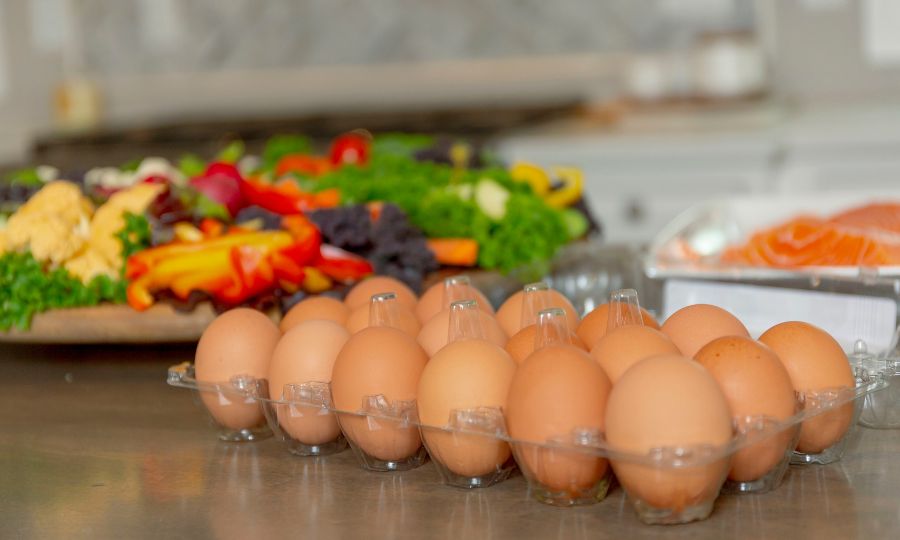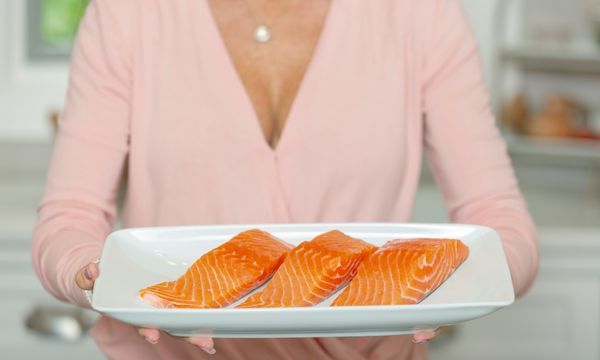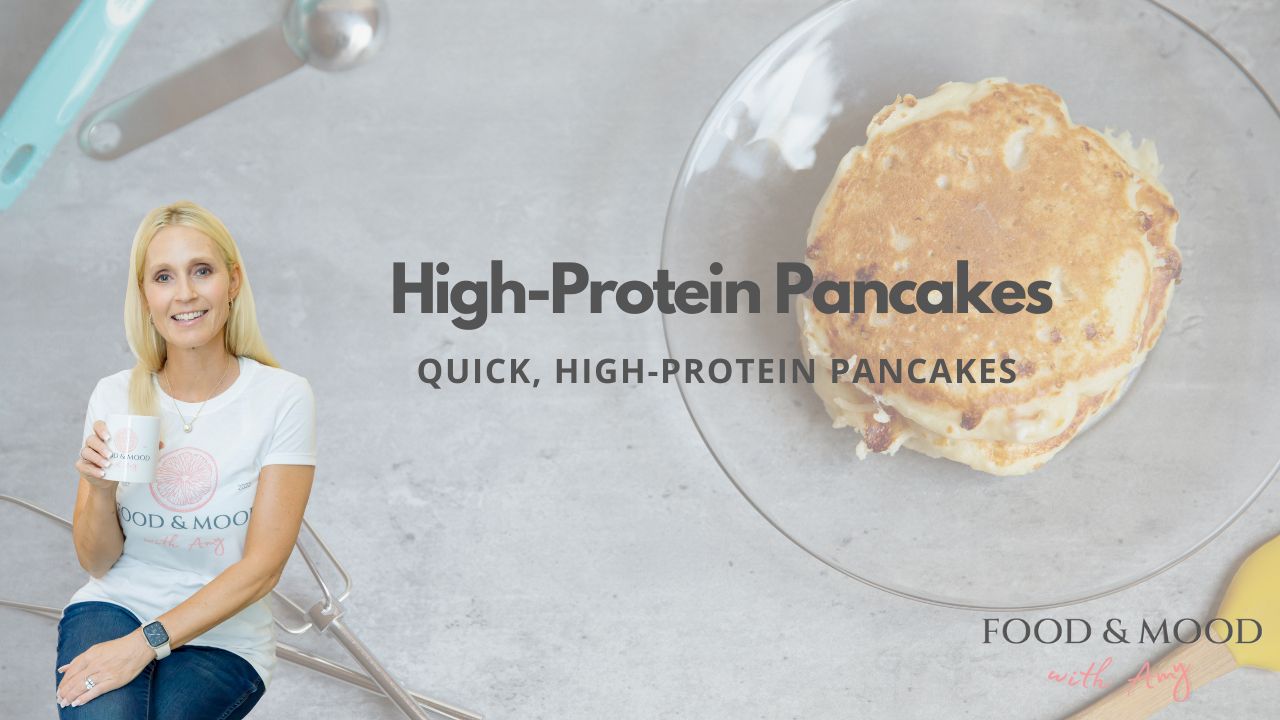The research tells us that eating more than 2 grams of protein per kilogram of body weight daily over an extended timeframe can cause health concerns. Occasionally eating over the recommendations is not something to worry about. It’s eating excessive amounts over the long run that can create issues.
What are the Risks?
People who eat high-protein diets for a long period may be at risk for kidney stones. If your excess protein comes from processed or red meats, you may increase your risk for certain cancers and heart disease.
Also, if you’re eating too many calories, even if it’s protein, it will be stored as fat which may lead to weight gain.
There can be serious risks of over consuming protein. Some symptoms are indigestion, dehydration, nausea, irritability, headache, and diarrhea, to name a few. People with kidney disease need to be especially careful with their protein intake. Too much protein can worsen kidney disease.
How Much Protein Should You Consume Daily?
When it comes to how much protein a person should eat daily, recommendations are mixed. The Dietary Guidelines for Americans recommend that people get between 10 and 35 percent of their total calories from protein. If you eat 2,000 calories per day, that’s between 200 and 700 calories from protein or between 60 and 175 grams per day. This is a big range!
Recent studies encourage adults to eat more protein to optimize health and protect against muscle loss. Determining your daily protein intake is not a one size fits all approach. It’s dependent on several factors like activity level and fitness goals. Most studies suggest 0.7–1 gram of protein per pound (1.6–2.2 grams per kg) of lean mass. To keep it simple, aim to eat at least half your body weight in protein as a baseline. Approximately 100 grams of protein per day is a good target for active people looking to build muscle or lose weight. Of course, use these recommendations as guideposts and tailor your protein intake to your specific needs.
The best way to achieve this is to ensure that protein is the star in all meals and snacks. High-value choices for protein include:
- Eggs
- Chicken breast (skinless)
- Ground turkey (93/7)
- Lean red meat (grass-fed lean ground beef, top sirloin, or round steak)
- Pork (boneless or tenderloin)
- Greek yogurt
- Salmon or white fish
If you are plant-based or vegan, pick grains like quinoa or buckwheat with decent protein. Add soy, legumes, and vegan protein powder into the mix.
Check out this video to see what a high-protein day looks like.














Leave A Comment